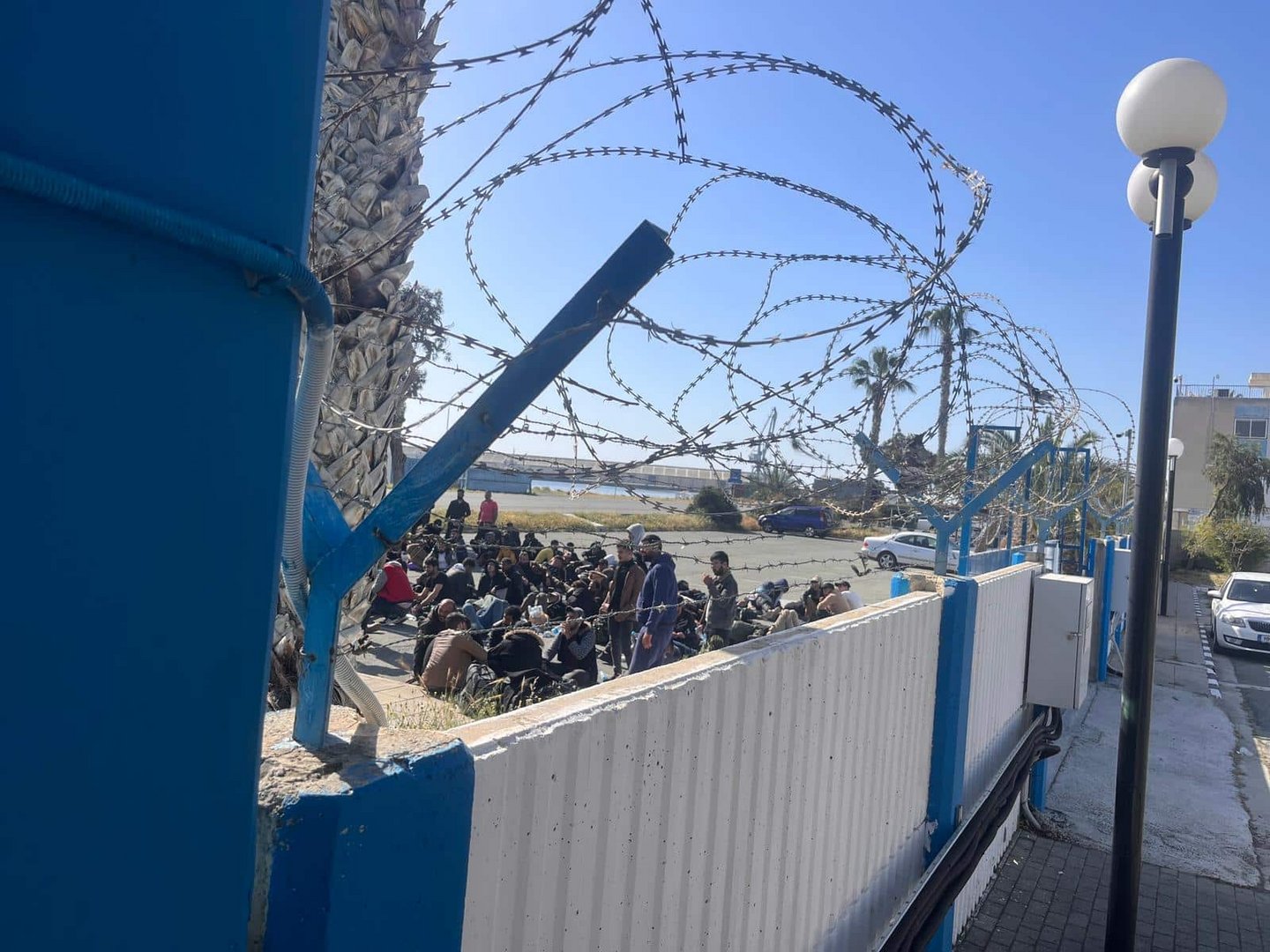Cyprus has suspended its processing of asylum claims for applicants of Syrian origin, President Nikos Christodoulides announced on Saturday.
In a post on X, the social media platform better known as Twitter, he said the decision had been taken in light of the “recent mass arrival of Syrian political asylum seekers by sea” to the island.
He said that “pending developments on the Syrian status reassessment issue” had also been taken into account in the government’s decision.
Christodoulides’ announcement comes on a day when 141 irregular migrants, 138 of whom are of Syrian origin, arrived on the island on two boats.
These arrivals come as good sailing weather allowed for over 800 irregular migrants to arrive on the island in the first few days of the month, while people have been arriving on the island in great number throughout the spring.
Not all attempted voyages to Cyprus ended safely, however, with numerous dead bodies having washed up on the island’s coasts since the start of the year.
Funerals were held for some of those washed up in the north. The bodies could not be identified, but the clothes on some of the dead bodies had been Syrian made, possibly giving indications as to their wearers’ origin.
As early as December, Interior Minister Constantinos Ioannou had raised concerns that as much as five per cent of Cyprus’ population may now be asylum seekers, while Christodoulides has been campaigning internationally for action to be taken to stem the flow of people.
He met with both European Commission President Ursula von der Leyen and Greek Prime Minister Kyriakos Mitsotakis in Athens to discuss the matter on April 8, before visiting Lebanon to meet the country’s Prime Minister Najib Mikati the following day.
In Lebanon, both the Cypriot and Lebanese governments made a “mutual commitment” to work to break up trafficking networks which move migrants across borders and the sea.
On Friday, Christodoulides convened the National Security Council to discuss the matter, before travelling to Vienna the same day to tell fellow European Union heads of government he expects “substantive support” for Cyprus as it attempts to deal with the number of people arriving on the island.
One of the flagship policies in Cyprus’ attempt to reduce the number of people arriving on the island and seeking asylum is its plan to have parts of Syria declared as safe, with Christodoulides citing the plan in Saturday’s announcement.
Constantinos Ioannou embarked on a European tour to gather support for the plan this week, meeting with his Czech, Danish, and Greek counterparts on consecutive days.
Danish Immigration Minister Kaare Dybvad Bek told Ioannou on Wednesday that the time has come to examine the real facts in Syria to allow states to carry out returns under specific and strict conditions.”
He added that he recognises the “enormous pressure on Cyprus due to the massive flows of migrants of Syrian origin.”
The following day, Czech Interior Minister Vit Rakusan agreed to create a joint Cypriot and Czech factfinding mission to Syria, with the aim of designating parts of the country as safe.
Ioannou’s final port of call was Athens, where he met Greek Migration Minister Dimitris Kairidis. There, he announced the creation of a group of EU member states which will focus on the matter of declaring parts of Syria safe, and that Greece would be part of that group.
He added that he intends to send a letter to all the EU member states which have expressed an interest in further cooperation.
Previously, Austria had thrown its weight behind Cyprus’ plan to declare parts of Syria as safe in March.
Speaking to the Cyprus Mail, a spokesperson for the Austrian interior ministry said Minister Gerhard Karner had told the European Union’s justice and affairs council that “deportations to safe areas in Syria should be possible again in the medium term.”
However, EU member states have not been unanimous in their support for Cyprus’ plan. The Cypriot interior ministry had indicated in March that the Swedish government had offered its support for the plan, but the Swedish government refuted this claim.
A spokesperson for Sweden’s EU Affairs minister told the Cyprus Mail the claim had been a “misunderstanding”.
“We have heard similar proposals raised but it is not something that Sweden has taken a position on,” the spokesperson added.







Click here to change your cookie preferences